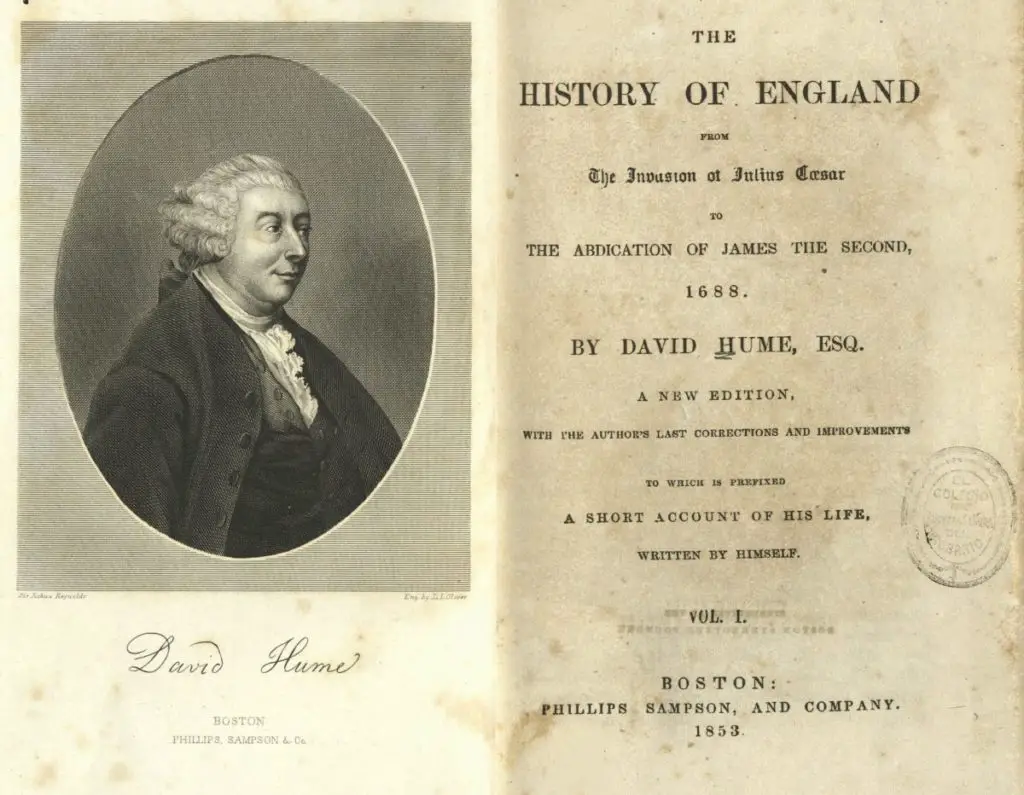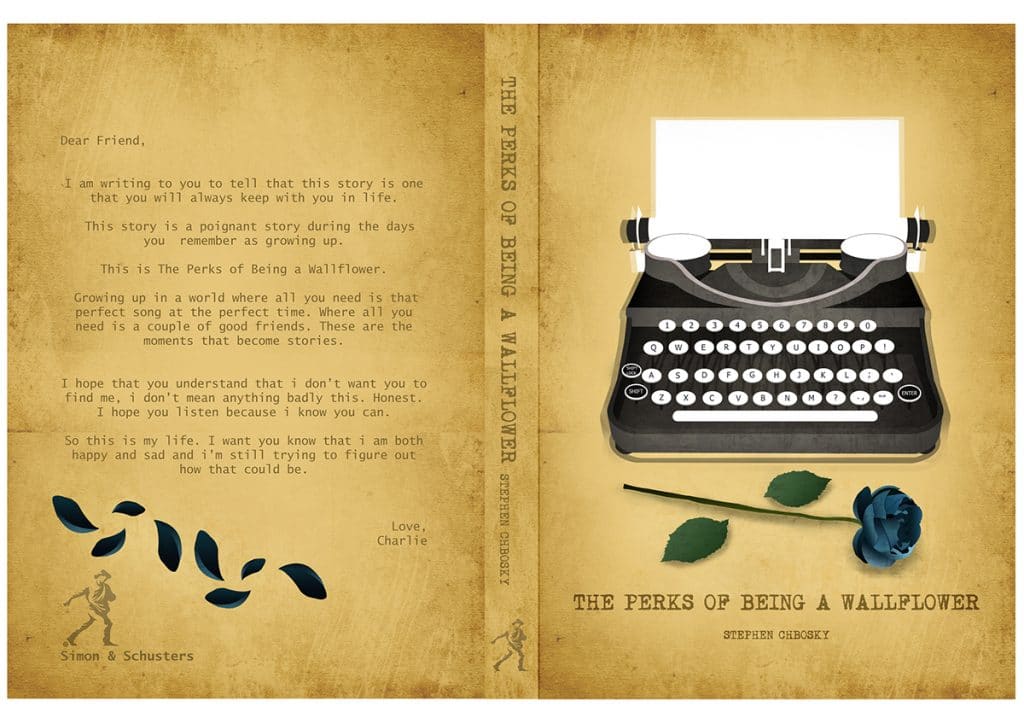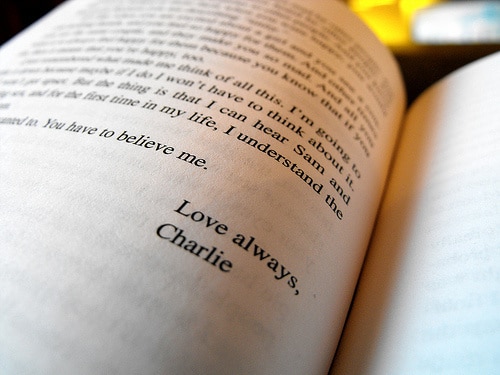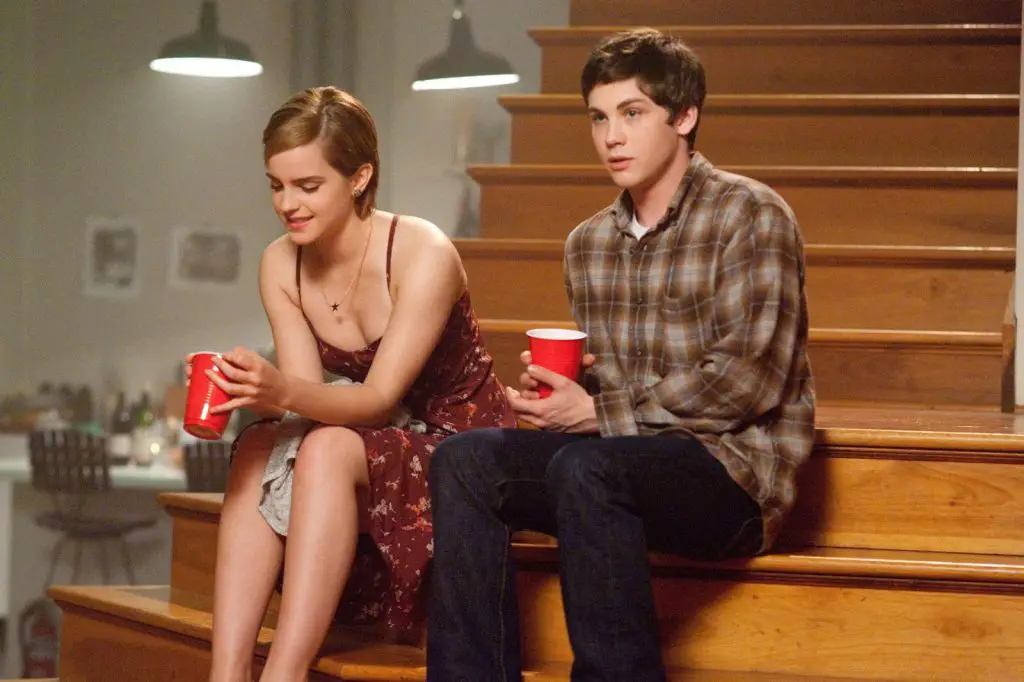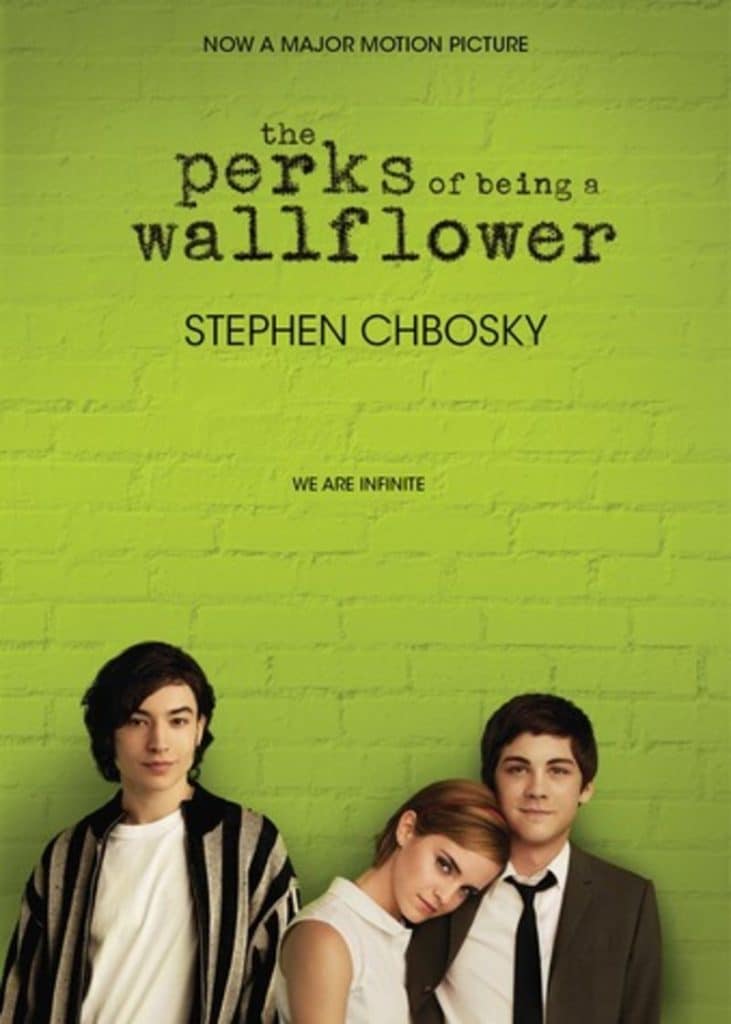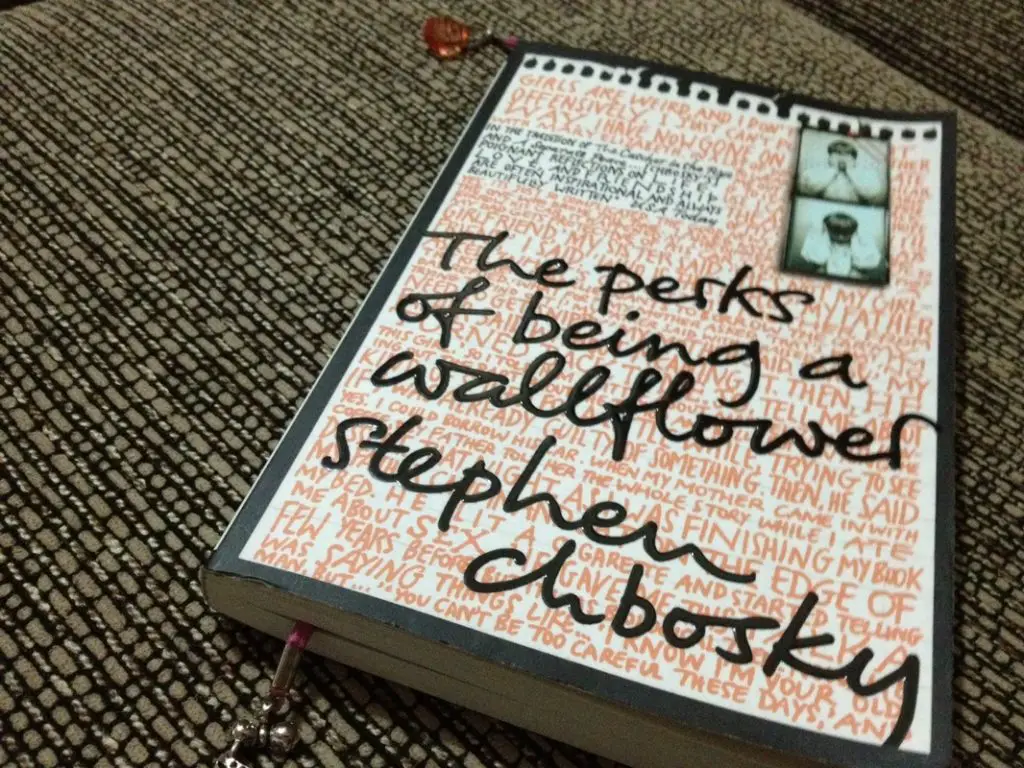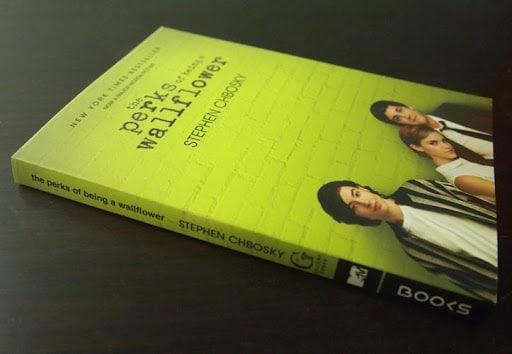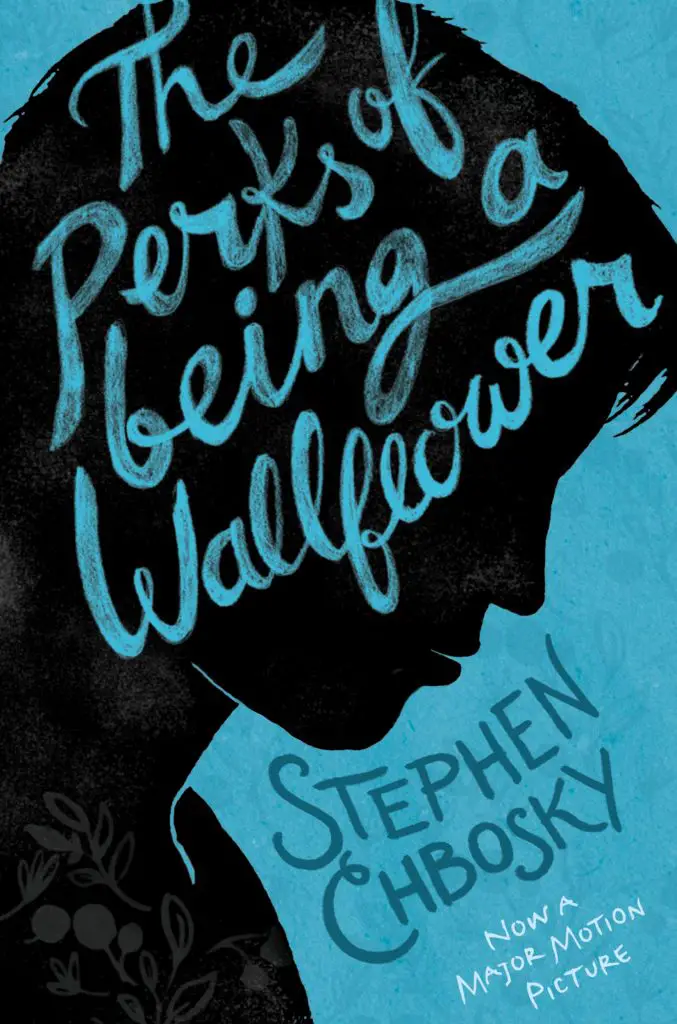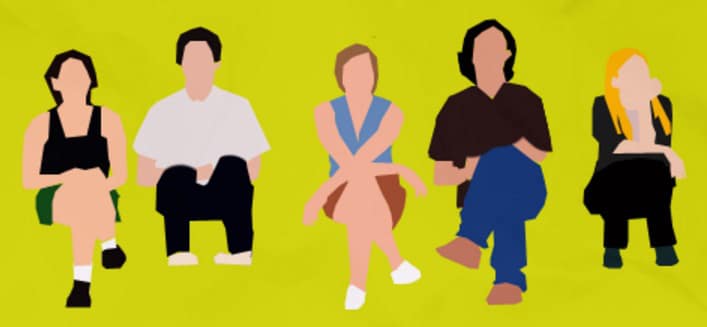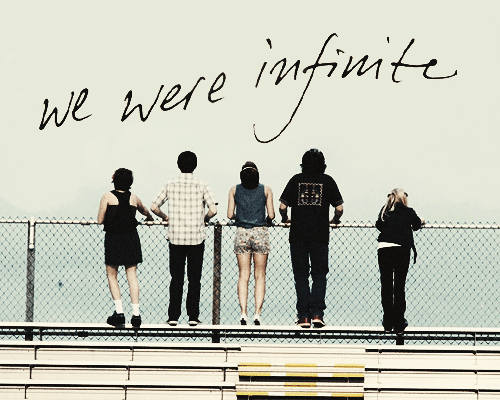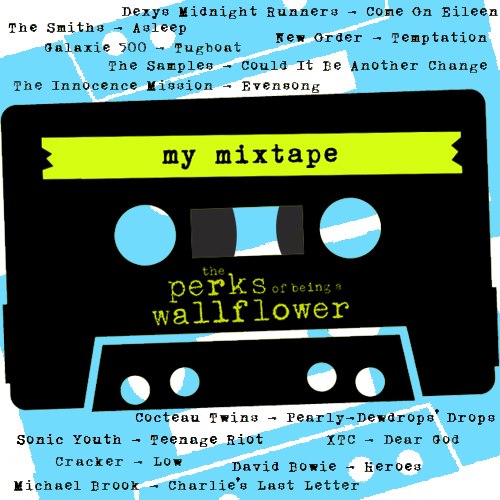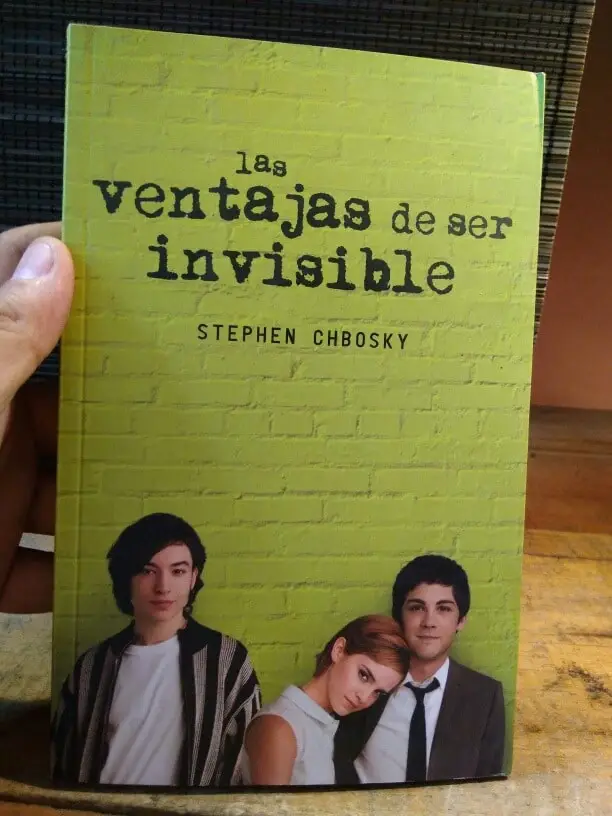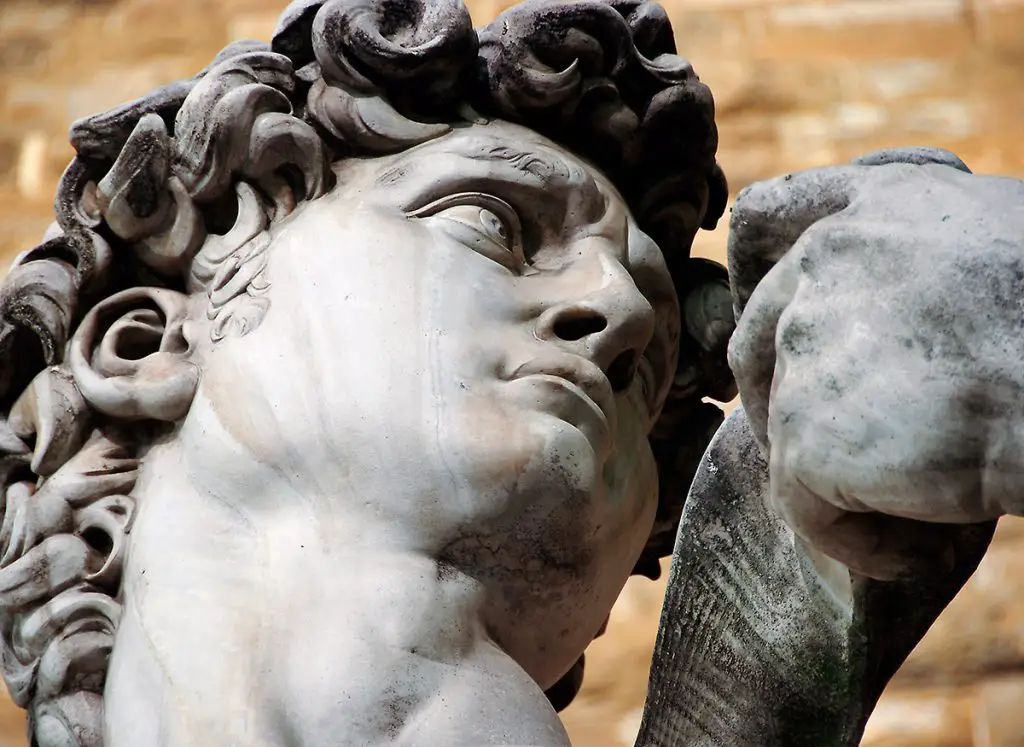The advantages of being invisible is a book written by the American Stephen Chbosky, set in the 90s, belongs to the genre of youth literature, know much more about this interesting work below in this article.
The Invisible Advantages Argument
This book was first published on 1 February 1999, in Spanish by Alfaguara Juvenil. The novel deals with themes that permeate adolescence, including introversion, sexuality, drug use and mental health, while making several references to other literary works, films and popular culture in general.
The main character of the book is Charlie, who writes a series of letters to an anonymous friend, and the entire story of the book is told entirely from Charlie’s perspective, creating the characters and other aspects of the story from his own memories. The novel details the protagonist’s unconventional way of thinking as he navigates between the worlds of adolescence and adulthood, and attempts to grapple with poignant questions stimulated by his interactions with his friends and family.
Characters from The Invisible Advantage
The protagonist of The Perks of Being Invisible is freshman Charlie, a quiet, withdrawn, intelligent and observant student who is dealing with many wounds from his childhood. Charlie comes out of his shell through the relationships he develops throughout the school year, but it is not until the end of the book that he discovers the repressed memories of sexual abuse that lie at the heart of all the trauma he has been dealing with. If you like Latin American literature, read When I want to cry, I don’t.
On the other hand, we have Patrick, a high school senior, Sam’s stepbrother and one of Charlie’s best friends. Patrick has a close relationship with Brad, the quarterback of the football team. Patrick accepts Charlie with all his quirks and this character makes him feel like he can be himself. Sam is a high school senior, Patrick’s stepsister and one of Charlie’s best friends.
Charlie is in love with her throughout the book. Sam was sexually abused as a child, which connects her to Charlie, although neither realises the connection until the end of the novel. The Perks of Being Invisible also features the character of Craig, who is Sam’s boyfriend for most of the novel. A masculine role model masquerading as a college student, he is essentially everything Charlie is not; muscular, unfaithful and not very bright. Listen to the audio book below.
https://www.youtube.com/watch?v=WszwboMTKLI
Bill Anderson is Charlie’s English teacher and mentor, the most stable and reliable adult figure in Charlie’s life, and helps Charlie develop self-confidence.Mary Elizabeth is a smart, attractive, self-centred young woman in Charlie’s group of friends, she asks Charlie to the Sadie Hawkins dance and they go out, but she is more interested in talking about herself than building a relationship. Brad is the quarterback of the football team and a closet homosexual.
Brad and Patrick have a secret relationship until Brad’s father finds out. Instead of standing up to his father, Brad continues to repress his sexuality and calls Patrick a homophobic slur in front of the whole school. Bob is another character who develops throughout the story. He is Patrick’s friend and supplier of marijuana to the local high school students. Bob goes to college and represents what could happen to Charlie’s classmates if one of them becomes too dependent on drugs.
Charlie’s brother is a former high school football star who now plays for Penn State, and the protagonist also tells us about his sister, who is a very smart high school senior but in an abusive relationship; when she becomes pregnant, she asks Charlie to take her to the abortion clinic. Charlie’s mother is kind and loving to Charlie, but emotionally devastated by her sister’s death, she cares for Charlie but has not recovered from her past.
His father is kind to Charlie, but he is wracked with emotional guilt for leaving his sister and mother in the care of an abusive man and has never forgiven himself. Another character mentioned in the book is Aunt Helen, who died when Charlie was seven and sexually abused the protagonist. He has fond memories of her and blames himself for her death. It is only at the end of the novel that he realises how she abused him. Another book in this genre is the Hunger Games book.
In The Perks of Being Invisible, we also meet Charlie’s maternal grandfather, who often makes racist and homophobic comments. Michael Dobson is a high school friend of Charlie’s who committed suicide and only appears in a few flashbacks in the novel. Although Charlie does not want to kill himself and tries to use Michael as an example of what he will not do, he begins to understand how Michael could have got into such a depressed state of mind.
Susan was Michael’s girlfriend at the time of his suicide. Charlie, Michael and Susan had been good friends, but after Michael’s death Susan stayed away from Charlie. Finally, we have Mary Elizabeth’s boyfriend Peter. After she breaks up with Charlie, she starts dating him, a college boy who is Mary Elizabeth’s sparring partner.
Poem about the advantages of being invisible
Once he wrote a poem on a piece of yellow paper with green lines and called it “Chops” because that was his dog’s name and his teacher gave him an A and a gold star and his mother hung it on the kitchen door and read it to his aunts. That was the year Father Tracy took all the children to the zoo and made them sing on the bus, and his little sister was born with little fingernails and no hair.
His mother and father kissed a lot and the girl on the corner sent him a valentine signed XXX and he had to ask his father what the X’s meant, his father used to tuck him into bed at nightfall and was always there to do it again, on a white sheet with blue lines he wrote a poem and quoted it “Autumn” because that was the name of the season and that was what it was about, his teacher gave him an A and asked him to write the poem more clearly and his mother never hung it on the kitchen door.
Because of the new painting and the children told him that Father Tracy smoked cigarettes and left cigarette butts on the benches and they would burn holes in them one day and that was the year his sister wore glasses with thick lenses and black frames and the girl in the corner laughed when he asked her to go and see Father Christmas and the children told him why his mother and father kissed a lot and his father never put him to bed at night.
And his father got angry when he cried for him to do it once on a piece of paper torn out of his notebook he wrote a poem and called it “Innocence: a question” because that was the question about his chicay that’s what it was about and his teacher gave him an A and a strange steady look and his mother never hung it on the kitchen door because he never showed it to her that was the year Father Tracy died and he forgot how to end the Apostles’ Creed.
He went and he caught his sister kissing on the back porch, his mother and father never kissed or even talked much and the girl around the corner wore a lot of make-up that made his throat close up when he kissed her but he kissed her anyway because it was the right thing to do and at 3am he went to bed his father snored deeply so he tried another poem on the back of a brown paper bag. Here is a video of this amazing poem, listen to it.
And he called it ‘Definitely Nothing’, because that’s what it really was, and he cut himself on every damn wrist and hung it on the bathroom door, because this time he didn’t think he’d make it to the kitchen. Another book with very beautiful sentences is The Little Prince, if you like books with that kind of message, don’t miss it.
Summary of the advantages of being invisible
Charlie, the fifteen-year-old narrator of The Advantages of Being Invisible, has just started his first year of high school when the book begins. Charlie is the “invisible” of the book’s title. He is quiet and withdrawn, but he is also extremely observant and alert, always paying attention to everything that goes on around him, even if he is only a silent witness. Charlie writes the entire book as a series of letters to an anonymous friend. The reader never discovers who this “friend” is, and the “friend” never replies.
Each letter begins with the greeting “Dear friend” and ends with “Love always, Charlie”. As the recipient of the letters never writes, the novel reads like a series of diary entries. Charlie is dealing with two major traumatic deaths of loved ones. The most recent was last spring, when his only friend from school committed suicide, and the death of his aunt when he was seven, in a car accident on Christmas Eve, which is also Charlie’s birthday.
Although Charlie is nervous about entering high school, he soon finds acceptance from two main sources. First, his English teacher, Bill Anderson, recognises Charlie’s talent for literature and takes him under his wing, assigning him extra books to read and essays to write throughout the year. Charlie also begins to attend more events and befriends Patrick and his stepsister Sam, who take him into their circle of friends. Another book for teenagers is The Unbearable Lightness of Being.
https://www.youtube.com/watch?v=vC4GMiWplRM
Charlie falls head over heels in love with Sam, but she only treats him affectionately. Patrick, who is gay, is in a closeted relationship with Brad, the quarterback of the football team. Sam kisses Charlie so that his first kiss will be from someone who loves him. As the school year progresses, he begins to come out of his shell, but Charlie’s life, family and friends become increasingly complicated. The holidays are always a difficult time for Charlie’s family because they bring back memories of his aunt’s death.
Charlie struggles to cope with his depression and flashbacks of his time with Aunt Helen. However, the acceptance of his group of friends helps him to feel more at peace with himself. As Charlie matures, his relationship with his sister deepens. The sister has an abusive boyfriend. Charlie tells Bill about her boyfriend, which makes his sister angry with Charlie. But when Charlie’s sister gets pregnant, she decides to have an abortion, trusting Charlie to take her to the clinic.
After Charlie plays Rocky in one of his friend’s regular visits to The Rocky Horror Picture Show, Mary Elizabeth starts going out with him. However, Mary Elizabeth is much more interested in her than in a relationship. During a game of truth or dare, Charlie dares to kiss the prettiest girl in the room and kisses Sam. Mary Elizabeth leaves the room in a huff.
In a show of solidarity, the rest of the group take Mary Elizabeth’s side, and Patrick advises Charlie to stay away from everyone for a while until things cool down. Brad’s abusive father discovers the relationship between Patrick and Brad, and Brad is sent to rehab. When Brad returns, he refuses to speak to Patrick. Do you like this kind of literature? I suggest Veronica Decides to Die, I’m sure you will.
Patrick confronts Brad in the cafeteria, and Brad makes a derogatory remark about Patrick’s homosexuality, and Brad’s teammates beat Brad up. Charlie quickly jumps in and breaks up the fight, and Patrick’s defence of Charlie wins back respect for Charlie from Sam and his group of friends. Patrick is completely depressed and leans on Charlie for emotional support.
Patrick gets drunk and kisses Charlie, he apologises, Charlie understands that Patrick is lonely and doesn’t know how to deal with it. Patrick sees Brad kissing a strange man, recovers and moves on. Charlie becomes increasingly anxious as the prospect of all his friends leaving looms ever larger. As Sam prepares to leave for her summer pre-college programme, she and Charlie begin to kiss and have sexual contact, and Charlie suddenly feels uncomfortable.
The sexual contact brings back a repressed memory of his Aunt Helen abusing him as a child. Charlie writes a final letter to his “friend” two months later, saying that his parents found him naked on the sofa in a catatonic state. He is taken to a psychiatric hospital, where he finally realises that Aunt Helen had sexually abused him, Charlie forgives his aunt, and the novel ends with Charlie writing that he plans to stop writing letters and start participating fully in his life.
The Invisible Advantage Quotes
There are a number of significant quotes in the book, one of which is “Charlie, we accept the love we think we deserve. This quote appears at the beginning of Part 1, when Bill and Charlie have their first serious conversation. Throughout the novel, Bill acts as a mentor to Charlie, seeing his potential, but also recognising that he is deeply troubled and wanting to help Charlie overcome his inner demons. Bill serves as a stable adult figure and guide in Charlie’s life.
Throughout the novel, the people Charlie looks up to and trusts as his role models prove not to be as stable and benevolent as they initially appear. Charlie idolises his Aunt Helen, but she sexually abused him as a child. Charlie’s parents also had traumatic childhoods that they are trying to resolve, and Charlie’s mother is still dealing with the death of her sister.
Charlie’s brother withdraws from the family, and Charlie has to become the responsible figure in his sister’s life when she becomes pregnant. Bill, on the other hand, remains Charlie’s reliable rock throughout the novel, providing Charlie with books to read, just as Charlie provides his friends with mix tapes.
Much of the advice Bill gives Charlie throughout the novel is also advice Bill gives himself. Bill dreamed of going to New York City to become a playwright, but by the end of the novel he decides to stay in Pittsburgh and teach high school English. Want another line? You can get some in the video below.
Bill realises that he can make a difference in the lives of his students and help them to achieve their dreams. Rather than running away from his own life by becoming a mentor, Bill allows himself to accept his role in the lives of others as something positive for his own life. In helping Charlie, Bill is also helping himself.
Criticism of The Invisible Advantage
Critics have identified the main themes of adolescent reality and nostalgia. According to David Edelstein in New York Magazine, Chbosky captures “the feeling of belonging when you’re with your friends, but soon you’ll be alone” and notes that “the pain of loss is almost as intense as the bliss; it’s nostalgia with an emphasis on our grief. Word Riot’s Marty Beckerman said The Perks Of Being Invisible resonates with young people because its scenes are “so universal and happen to so many teenagers”.
For the AV Club, Marah Eakin wrote that while for adults “The Perks of Being Invisible suffers from an overabundance of raw, unadulterated angst, unlike some more developmentally appropriate young adult fare like Harry Potter (see: Harry Potter and the Philosopher’s Stone), it speaks to a more specific age group and does so well. The Perks of Being Invisible has appeared six times on the American Library Association’s list of the 10 most challenged books.
The Glen Ellyn District 41 school board in suburban Chicago voted unanimously to reinstate the novel after it was removed from eighth-grade classrooms at Hadley Junior High School because of parental objections to its sexual content. Other objections to the book include the use of “profanity”, “drug abuse”, “sexually explicit” scenes and “torture”. Below is a video review by a regular reader.
https://www.youtube.com/watch?v=2ggP8hc7lbs
In 2009, The Invisible Advantage was repeatedly challenged for its depiction of masturbation, sexually explicit conduct, drug use, and talk of suicide, and there was widespread pressure in the United States to move this literary work from the children’s and young adult section to the adult section. Parents have raised issues with the novel for its “pornographic” and “vulgar” content, but others have argued that the book deals with real teenage issues related to growing up.
The book’s themes of homosexuality and the “glorification” of drug and alcohol use have also been controversial. In an interview, Chbosky said he knew of two school boards in Massachusetts and Long Island that had banned the book. Since he “didn’t write it to be a controversial book”, he was surprised by the bans.
The Perks of Being Invisible Film
Since writing The Invisible Advantage, Chbosky has been keen to see it made into a film; after the novel’s publication, the author said he received film offers, which he turned down because he “owed the fans a film worthy of their love for the book”. Development of a film version began in 2010, and the author was hired to write and direct the film with producers John Malkovich, Lianne Halfon and Russell Smith. Another work adapted for the screen is The Da Vinci Code.
The film was shot in the Pittsburgh area from 9 May to 29 June 2011 and stars Logan Lerman as Charlie, Emma Watson as Sam, Ezra Miller as Patrick and Nina Dobrev as Charlie’s sister. With the announcement of a film adaptation, the novel received more attention; its sales increased from 88,847 copies in 2011 to 425,933 in 2012, and it reached the New York Times bestseller lists.
It premiered at the Toronto International Film Festival on 8 September 2012, and was released theatrically in the United States by Summit Entertainment on 21 September. According to Metacritic, it has received “generally positive reviews”, with an average score of 67 out of 100 based on 36 reviews. Rotten Tomatoes reports an approval rating of 85% based on 151 reviews. The film grossed over $33 million worldwide against a production budget of $13 million.
Although the film was directed and written by the author, some scenes were omitted from the film. In the book, Bill tells Charlie’s parents that his boyfriend is abusing Candace, and her parents intervene directly in the abusive relationship in the book. Watch the trailer for the film in this video.
In addition, Candace becomes pregnant by her abusive boyfriend and Charlie accompanies her to the abortion clinic, a scene that was also omitted from the film. One of the most important parts of the book, the poem about the advantages of being invisible, has also been removed. On the DVD there is a special features section where you can watch the scenes that were originally cut from the film.

